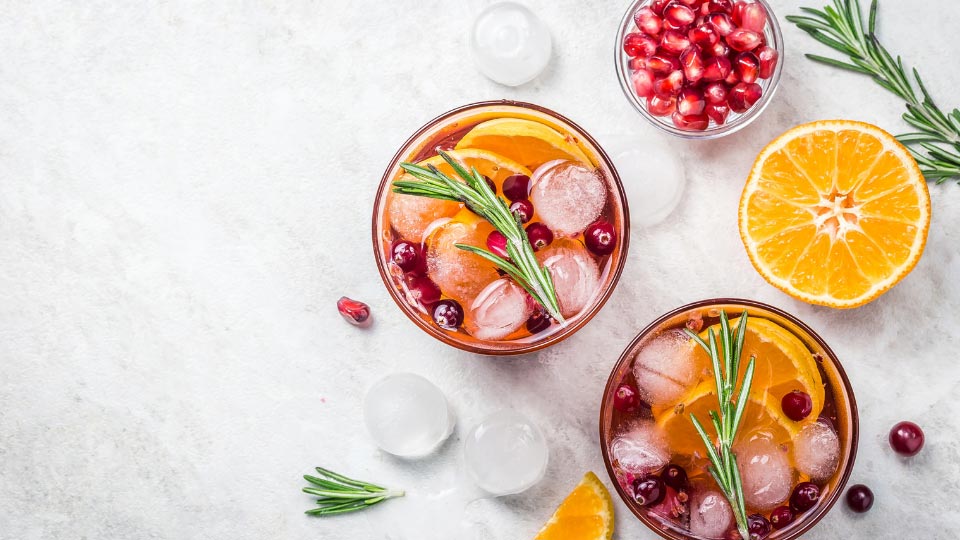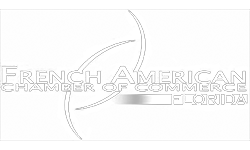Even though the promise of an open bar and free cocktails has long been a top driver of event attendance and guest satisfaction, it has been steadily losing its appeal over the past few years.
For one thing, alcohol can be expensive to provide, both in terms of actual product cost as well as additional insurance that may be necessary from the venue or caterer (or both). At the same time, Millennials, Gen Z, and other younger professionals and guests simply do not drink recreationally at the levels or with the same kind of enthusiasm as their older counterparts.
In fact, a recent Nielsen study showed that 66% of Millennials reported wanting to reduce their alcohol intake or completely stop drinking alcohol altogether. That’s well above 47% of all other age groups. But that’s not the only reason to reconsider serving adult drinks at your next event.
- Alcohol is not COVID-friendly. Unless each drink is premixed and served in closed containers, there is an increased risk of transmission that comes with people crowded around a bar leaning in close to speak to a bartender amongst other patrons and guests. In larger arenas and sporting venues, concessionaires have moved to closed-container-only service such as cans or bottles of beer, hard seltzer, or wines.
- Alcohol & Social Media do not mix. Because nearly everything ends up on someone’s social media feed these days, there’s bound to be a picture of someone, somewhere enjoying a cocktail. The problem is, when viewed by strangers, no one knows if it’s a single glass of champagne to celebrate a big award, or the fifth mixed drink in a long night of over indulging. Because up-and-coming and established professionals alike are worried about cancel culture (as well as behavior clauses in certain employment contracts), many guests would rather be seen with a bottled water rather than a martini glass.
- There are plenty of alcohol-free alternatives that are just as tasty. During the pandemic, sales of non-alcoholic beer, wine, fizzy fruit juices, and “mocktail” blends went up nearly 44% according to Forbes, and the trend doesn’t seem to be declining with more and more new brands entering the market all the time.
- Family-friendly events are still in high demand. While it’s understandable that spouses and children do not need to attend training meetings or stockholder reviews, a great number of internal company events would see strong lifts in attendance were older children and teens allowed to attend. Removing alcohol from such events simply makes sense in this regard.
It may seem unfamiliar to attend events without alcohol, but that certainly doesn’t mean it’s impossible. It also doesn’t mean you have to make an all-or-nothing transition all at once. You can serve a mix of mocktails and beer or wine only at your next event, then pare back to just a welcome glass of wine for another, before moving to zero-alcohol options eventually. After all, if what we’re all after are memorable events, why make it so easy to cloud people’s perceptions?
About the VIBE Agency: The VIBE Agency is a Miami-based award-winning full-service production agency that specializes in the creation and orchestration of live and virtual experiences for the corporate industry.
The agency is forward-thinking and was recognized as one of the 50 top event companies by Special Events magazine in 2019 and 2020. Most recently, Valerie Bihet, founder of the VIBE was named a Smart Women in Meetings 2021 Hall of Fame honoree by Smartmeetings, for her consistent work advancing the industry. If it can’t be live, make it VIBE!









